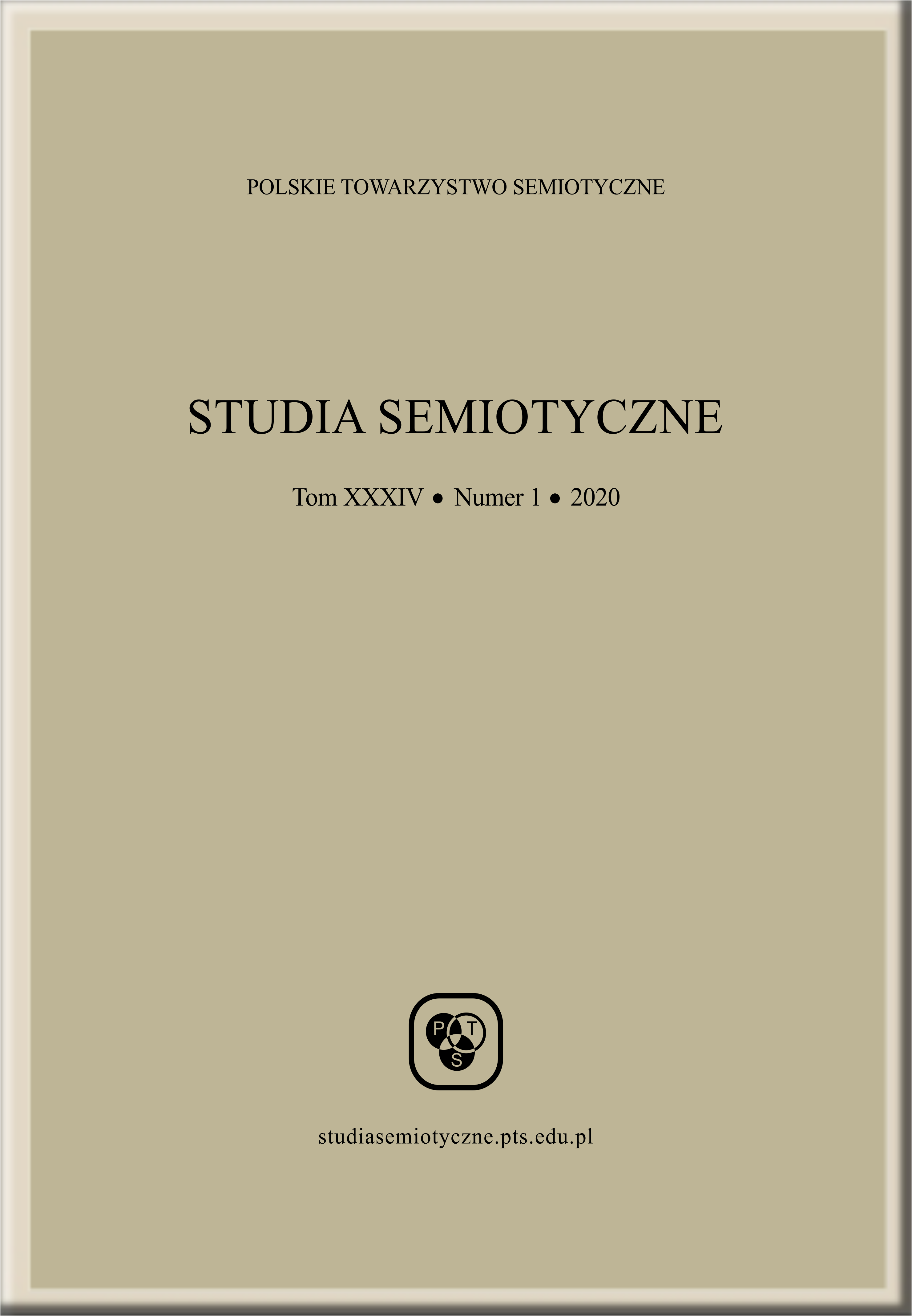On Martin-Löf’s Constructive Optimism
On Martin-Löf’s Constructive Optimism
Author(s): Vincent PeluceSubject(s): Semiology, Logic
Published by: Polskie Towarzystwo Semiotyczne
Summary/Abstract: In his 1951 Gibbs Memorial Lecture, Kurt Gödel put forth his famous disjunction that either the power of the mind outstrips that of any machine or there are absolutely unsolvable problems. The view that there are no absolutely unsolvable problems is optimism, the view that there are such problems is pessimism. In his 1995—and, revised in 2013—Verificationism Then and Now, Per Martin-Löf presents an illustrative argument for a constructivist form of optimism. In response to that argument, Solomon Feferman points out that Martin-Löf’s reasoning relies upon constructive understandings of key philosophical notions. In the vein of Feferman’s analysis, one might be object to Martin-Löf’s argument for either its reliance upon constructivist (as opposed to classical) considerations, or for its appeal to non-unproblematically mathematical premises. We argue that both of these responses fall short. On one hand, to be critical of Martin-Löf’s reasoning for its constructiveness is to reject what would otherwise be a scientific advance on the basis of the assumption of constructivism’s falsehood or implausibility, which is of course uncharitable at best. On the other hand, to object to the argument for its use of non-unproblematically mathematical premises is to assume that there is some philosophically neutral mathematics, which is implausible. Martin-Löf’s argument relies upon his third law, the claim that from the impossibility of a proof of a proposition we can construct a proof of its negation. We close with a discussion of some ways in which this claim can be criticized from the constructive point of view. Specifically, we contend that Martin-Löf’s third law is incompatible with what has been called “Poincaré’s Principle of Epistemic Conservation”, the thesis that genuine increase in mathematical knowledge requires subject-specific insight.
Journal: Studia Semiotyczne
- Issue Year: 34/2020
- Issue No: 1
- Page Range: 233-242
- Page Count: 9
- Language: English

